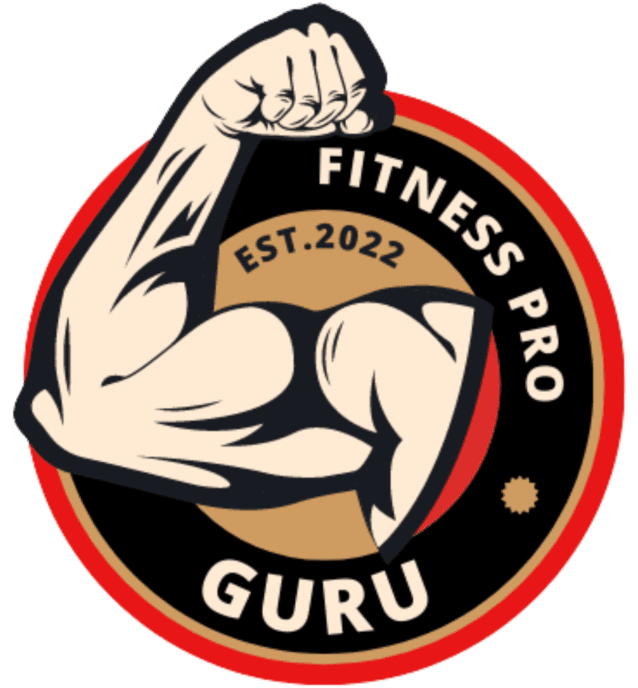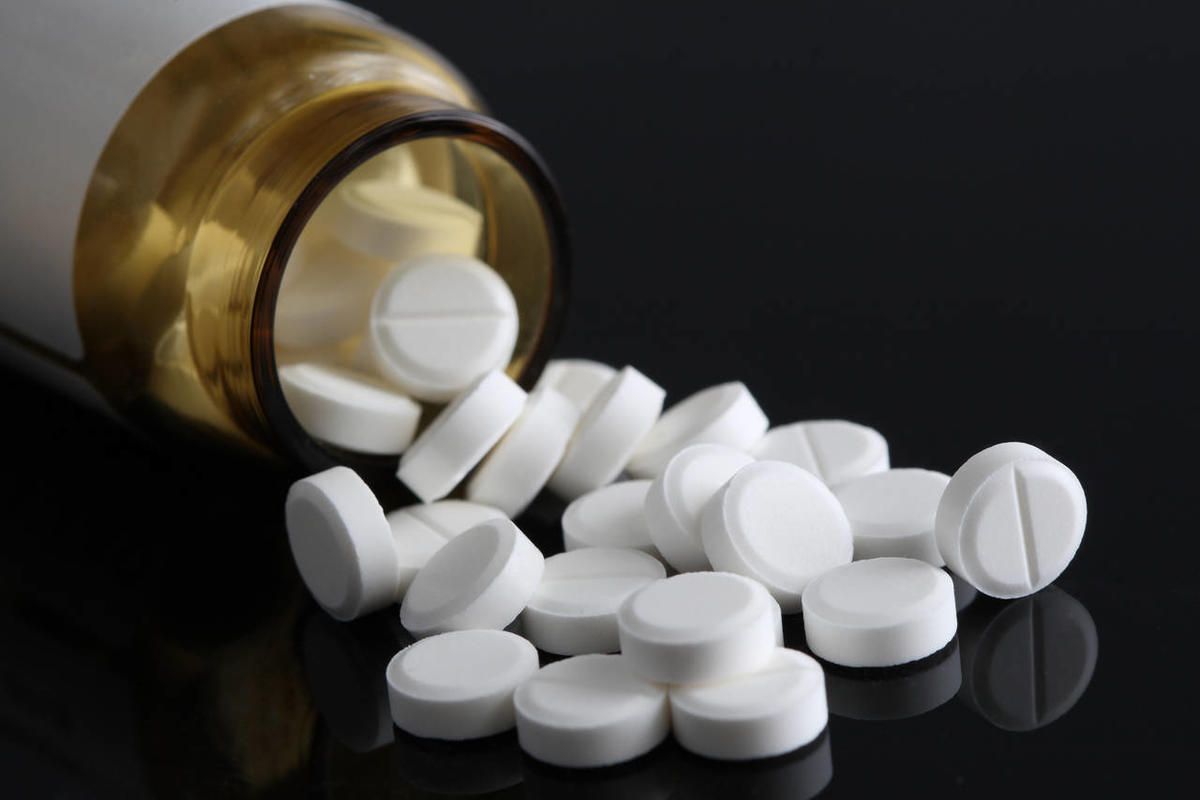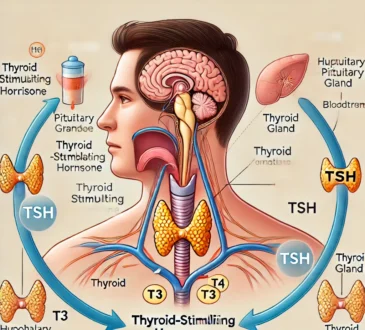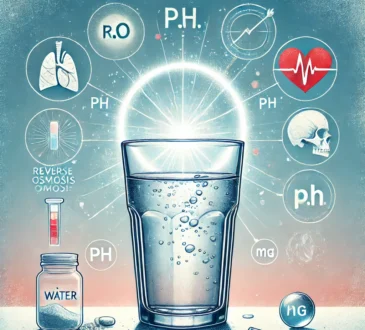Have you ever taken ibuprofen(a type of ANTI-INFLAMMATORY) to help you get through a training session or a race? Many runners see no threat from taking an over-the-counter painkiller like ibuprofen to help them complete the session, but research strongly suggests that by doing so you could not only be preventing yourself from becoming a stronger runner but more importantly increasing the risk of serious health issues.
Changes that show the children may need mental health therapy
WHAT IS IBUPROFEN(A Type of ANTI-INFLAMMATORY) ?
Ibuprofen is one of a group of painkillers called Non-Steroidal Anti-Inflammatory Drugs (NSAIDs). Created in 1961 following attempts
to find a safer alternative to aspirin, ibuprofen is now widely available without a prescription.
NSAIDs work by inhibiting the ability of an enzyme in the body called cyclo-oxygenase (COX) from synthesising prostaglandins, fat-like molecules which are involved in bringing about inflammation, pain and fever. Prostaglandins also carry out many other functions in the human body including protection of the stomach from its acid environment–meaning inhibition of their synthesis risks side effects such as indigestion, inflammation of the stomach lining and stomach ulcers. Long-term ibuprofen use has also been correlated with an increased risk of hypertension heart attacks.
WHY DO RUNNERS TAKE IT?
Although modern research is slowly helping to change things, sadly the current solution to pain is too often seen as a pill. The term ‘painkiller’ demonstrates a misinterpretation of what pain is and modern pain science shows us that trying to ‘fight’ pain is unlikely to be a long-term solution. Studies also show that many people cannot understand the differences between different painkillers: paracetamol is a general pain reliever with no anti-inflammatory effect; aspirin-like ibuprofen is an NSAID. Codeine, an opioid analgesic, is often combined to boost the ‘painkilling’ effect.
IS REDUCING INFLAMMATION GOOD?
Just as we misinterpret pain as the enemy, so too is inflammation. How many times do we think of inflammation as a negative thing? Imagine a recently sprained ankle–swollen and painful. Both symptoms are protective and part of the healing process. Treatment in the early stages typically involves reducing pain and swelling by taking NSAIDs, but that’s a short-term solution to an acute injury. Inflammation also occurs in response to the natural breaking down of muscle (micro-tears).
Sex Ratio become worse in China 30 million people are unmarried due to shortage of Brides
When we run and exercise. It is a vital part of the body’s adaptive system and should not be hindered. The inflammatory response delivers blood, oxygen and nutrients to the micro-tears to help build us up and strengthen us for the next effort. Taking NSAIDs during a run (and even afterwards) can limit this natural inflammatory response, stop us from getting stronger and also invite extra health risks.
BUT I AM IN PAIN!
In all honesty, it scares me how many runners I see taking NSAIDs n an attempt to run through pain. It reveals a clear misunderstanding of what pain is and how it needs to address. Pain is the most sophisticated defence system we have to warn us of potential danger. It is not a sign of weakness. Too many runners confuse pain with determination. Pushing yourself through mental boundaries is a vital part of becoming a stronger runner. Ignoring pain is not and will typically just lead to reinforcement of escalated threat and therefore pain. If its race day and pain has caught you by surprise, decide how important that race is. If you are struggling with pain in training, avoid the temptation to take pills. See a professional and work to find a long-term solution.
Have you ever taken ibuprofen(a type of ANTI-INFLAMMATORY) to help you get through a training session or a race? Many runners see no threat from taking an over-the-counter painkiller like ibuprofen to help them complete the session, but research strongly suggests that by doing so you could not only be preventing yourself from becoming a stronger runner but more importantly increasing the risk of serious health issues.
Changes that show the children may need mental health therapy
WHAT IS IBUPROFEN(A Type of ANTI-INFLAMMATORY) ?
Ibuprofen is one of a group of painkillers called Non-Steroidal Anti-Inflammatory Drugs (NSAIDs). Created in 1961 following attempts
to find a safer alternative to aspirin, ibuprofen is now widely available without a prescription.
NSAIDs work by inhibiting the ability of an enzyme in the body called cyclo-oxygenase (COX) from synthesising prostaglandins, fat-like molecules which are involved in bringing about inflammation, pain and fever. Prostaglandins also carry out many other functions in the human body including protection of the stomach from its acid environment–meaning inhibition of their synthesis risks side effects such as indigestion, inflammation of the stomach lining and stomach ulcers. Long-term ibuprofen use has also been correlated with an increased risk of hypertension heart attacks.
WHY DO RUNNERS TAKE IT?
Although modern research is slowly helping to change things, sadly the current solution to pain is too often seen as a pill. The term ‘painkiller’ demonstrates a misinterpretation of what pain is and modern pain science shows us that trying to ‘fight’ pain is unlikely to be a long-term solution. Studies also show that many people cannot understand the differences between different painkillers: paracetamol is a general pain reliever with no anti-inflammatory effect; aspirin-like ibuprofen is an NSAID. Codeine, an opioid analgesic, is often combined to boost the ‘painkilling’ effect.
IS REDUCING INFLAMMATION GOOD?
Just as we misinterpret pain as the enemy, so too is inflammation. How many times do we think of inflammation as a negative thing? Imagine a recently sprained ankle–swollen and painful. Both symptoms are protective and part of the healing process. Treatment in the early stages typically involves reducing pain and swelling by taking NSAIDs, but that’s a short-term solution to an acute injury. Inflammation also occurs in response to the natural breaking down of muscle (micro-tears).
Sex Ratio become worse in China 30 million people are unmarried due to shortage of Brides
When we run and exercise. It is a vital part of the body’s adaptive system and should not be hindered. The inflammatory response delivers blood, oxygen and nutrients to the micro-tears to help build us up and strengthen us for the next effort. Taking NSAIDs during a run (and even afterwards) can limit this natural inflammatory response, stop us from getting stronger and also invite extra health risks.
BUT I AM IN PAIN!
In all honesty, it scares me how many runners I see taking NSAIDs n an attempt to run through pain. It reveals a clear misunderstanding of what pain is and how it needs to address. Pain is the most sophisticated defence system we have to warn us of potential danger. It is not a sign of weakness. Too many runners confuse pain with determination. Pushing yourself through mental boundaries is a vital part of becoming a stronger runner. Ignoring pain is not and will typically just lead to reinforcement of escalated threat and therefore pain. If its race day and pain has caught you by surprise, decide how important that race is. If you are struggling with pain in training, avoid the temptation to take pills. See a professional and work to find a long-term solution.







Comments are closed.